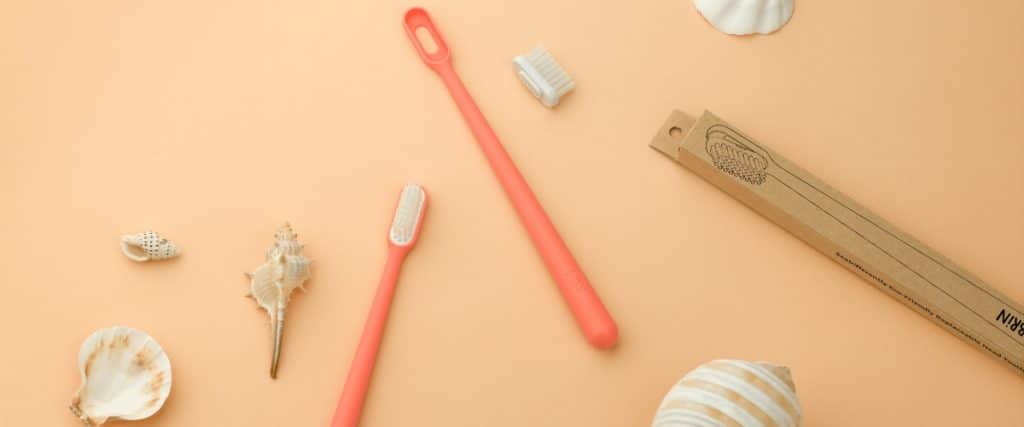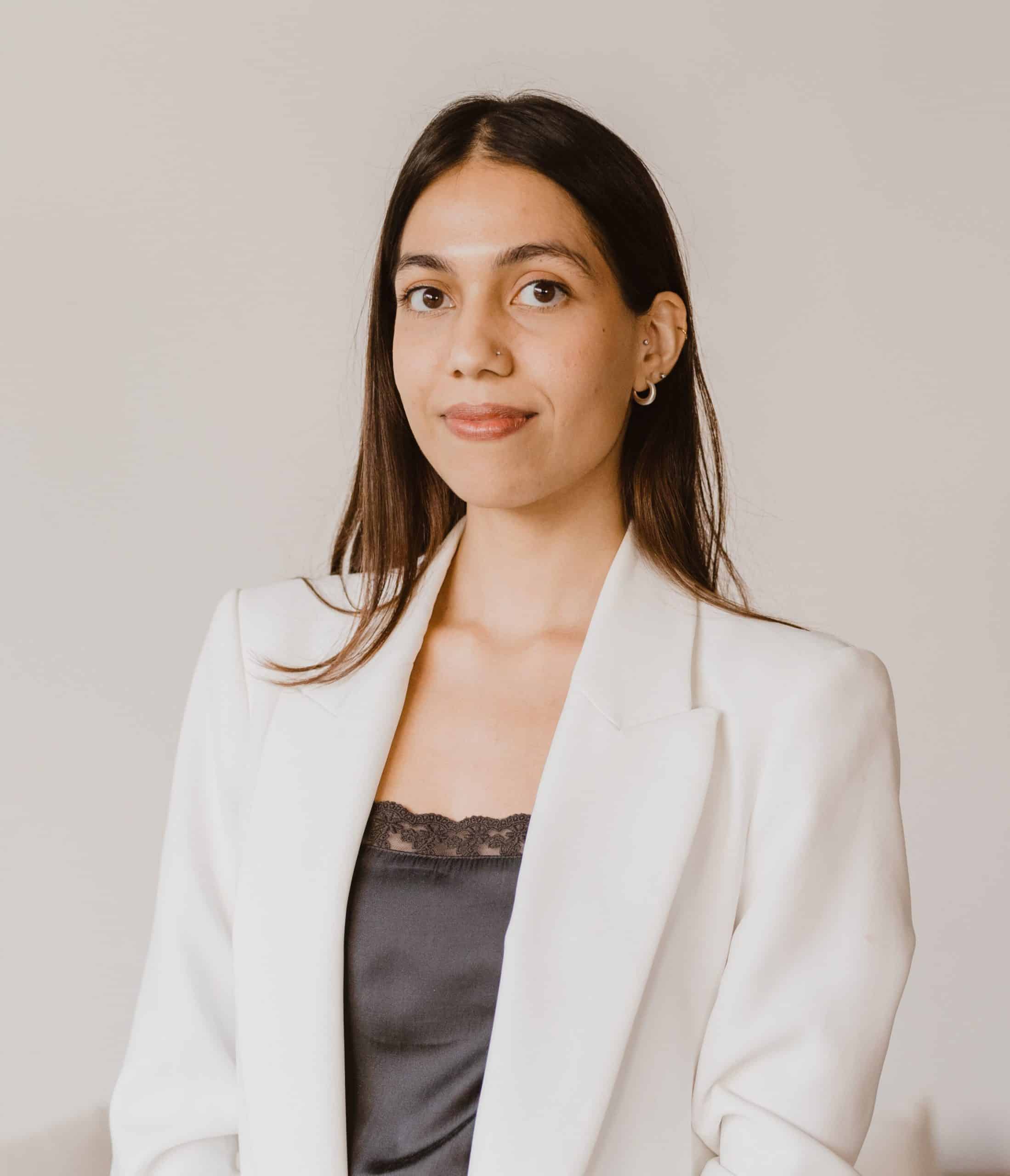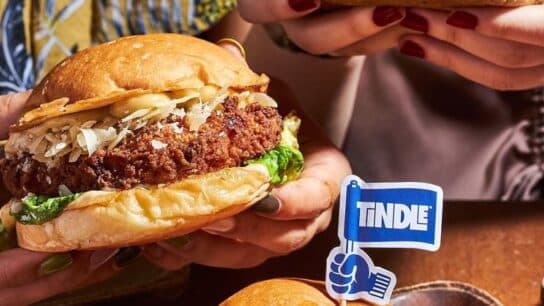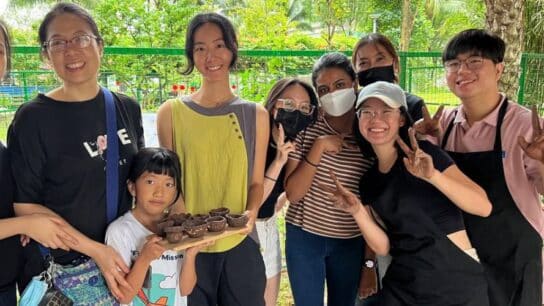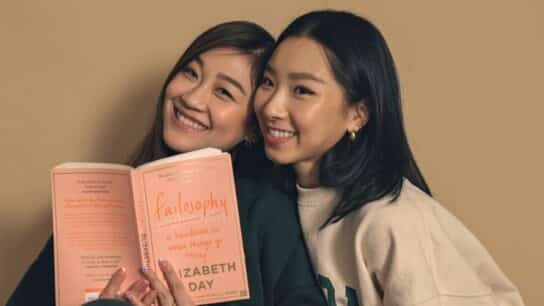From creating major luxury consumer goods, to launching his sustainable personal care label BRiN, industrial designer François Hurtaud speaks with Hive Life about his earth-first approach, the technology behind his latest toothbrush collection, and the future of conscious design.
From an early age, François Hurtaud has enjoyed exploring functionality, aesthetics, and the science behind an object. As his passion grew, he later decided to pursue a career in product innovation and invention. Upon graduating from Shanghai University with a Master’s in Advanced Studies in Cross-Cultural Design, François ventured into the industry, working at various luxury goods and design-centric companies.
Over time, François was recognised by many prestigious organisations, including the Good Design Award, Red Dot Design Award, A’ Design Award, and more, after which he established his own self-titled studio, François Hurtaud, seeking ways to create a synergy between “functionality, sustainability, and viability.”

Inspired by his new vision, the industrial designer co-founded BRiN, a sustainable personal care label, with his partner, Karis Lim, a marketing veteran with years of experience in branding and content growth. In 2022, they launched their first hygiene product, a reusable toothbrush, SeaDifferently, made with FDA-approved recycled ocean plastic.
François expressed his vision, “was to reimagine a mass consumer good to be much more sustainable in people’s everyday lives.” Aspiring to initiate industry-wide change, François shares with Hive Life the label’s earth-first approach, conscious product range, and his pursuit to become a household name.

What was the process like founding BRiN?
BRiN officially launched in November 2021, though the project started early in 2020. The first version of the [reusable toothbrush] handle was 3D-printed using ocean-recycled PET, and was made to order.
The idea was to create the least possible waste, and producing in frequency-division multiplexing (FDM) allowed us to do just that- when printing in 3D, [the product] will only consume the [required amount of] material needed for the part.
As [more] orders came in, we faced the problem of production time, which is a [setback] in 3D [printing], [and we] reached a threshold of unprofitability. At this point, we decided to go for mass production.

Why toothbrushes?
We were working on designing a children’s toothbrush for one of our clients, [and] realised that [current products] on the market are not 100% recyclable, [even the ones made using bamboo], [as] the bristles are attached [to the handles using] strong metallic staplers. As a result, all [the brushes] end up in [incinerators] or in landfills.
[Keeping] this in mind, our approach was to develop and design an honest toothbrush, one that would be fully reusable while minimising disposal waste. We have to [discard] the heads, but not the entire [body].
By keeping the handle, we [can] save 86% of [the product] from ending up in landfills.

What is your vision for BRiN?
We aspire to [become] the convenient and conscious solution of hygiene products, starting [with toothbrushes]. We offer convenience to our customers through our subscription model and offer products that are thoughtfully designed with sustainability in mind from the ground up, [placing emphasis on] upcycled [and] mono-materials, reusability, compostable packaging, carbon neutral [deliveries], [while] supporting local communities.
Could you share more on the materials BRiN’s eco-friendly toothbrushes are made of?
SeaDifferently is made of [recycled [polypropylene] (PP) from ocean-bound plastic.
Our partner works closely with local communities to close the circle of waste pollution. They organise beach clean-ups and pay fair wages to the [refuse collectors] and fishermen [recovering] plastics.

What kind of lifestyle do you hope to promote with your earth-conscious products?
We hope to promote a lifestyle of reusability, less and mindful consumption. Reusing products instead of purchasing new ones [ought to be] at the top of the sustainability pyramid.

How does your brand ensure ethicality within its production and operation processes?
Each day, over 8 million tonnes of plastic waste enter the ocean. At best, 12% of all [synthetic refuse] produced globally has been recycled. With every purchase, we are [helping to] clean up the oceans, and dedicate 3% of each sale to [drive the initiative within] local communities.
[In addition], our packaging is eco-friendly and recyclable, and all of our deliveries are carbon neutral.

Do you have plans to expand your sustainability efforts in the future?
Down the line, we [plan] to find a way to collect and recycle used refills. This is a huge logistics project [that] we are ready to tackle.
As an independent brand, what challenges have you endured?
We have not made our mark yet as we have just launched, though the first insight we could give is that honesty is paramount when it comes to marketing your product as a sustainable one.

What is in store for BRiN?
We are working hard to soon be available in your favourite retail shops. [You can] stay tuned by subscribing to our newsletter.

The SeaDifferently toothbrush is available internationally for purchase on BRiN’s website. Customers can enjoy free deliveries if they subscribe using the code – HASSLEFREE.
Related Articles
Flowe: The Sustainable Beach Towel Label Revitalising Plastic Waste Through Creative Expression
Sustainabl.: Driving Sustainable Packaging Solutions in Hong Kong
MiliMilu: The Organic and Conscious Fashion Label Made with a Love for Nature
